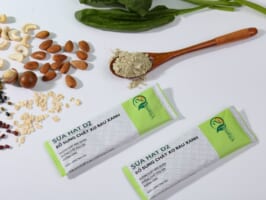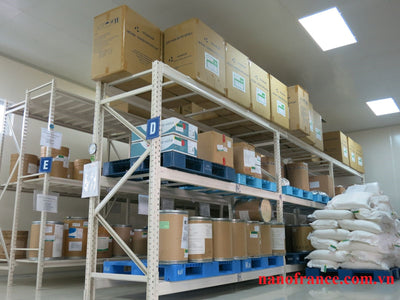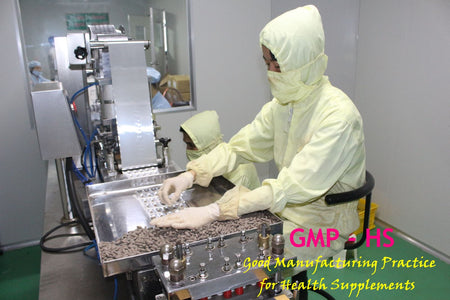What medicine should I take after covid to help restore my health? - Advice from experts
Vaccination has helped patients avoid serious complications and death when infected with Covid. However, whether symptoms are mild or severe, the lungs of F0s are still damaged and their health is also greatly affected. So what medicine should be taken after Covid to restore the body's condition? NanoFrance has consulted many articles and opinions of experts and below is the answer!
I. What are the health effects of Covid?
For patients who have recovered from Covid, although the virus concentration is no longer there or is no longer significant, there are still lingering symptoms such as: shortness of breath, cough, rapid heartbeat, joint pain, fatigue, weakness, loss of smell, difficulty sleeping, forgetfulness...
These sequelae persist because during the process of entering the body, the virus attacks many types of cells in the body, especially endothelial cells and respiratory organs, activating the immune system, causing damage caused by the immune system. Because blood vessels are everywhere in the body, COVID-19 can cause damage to all organs.
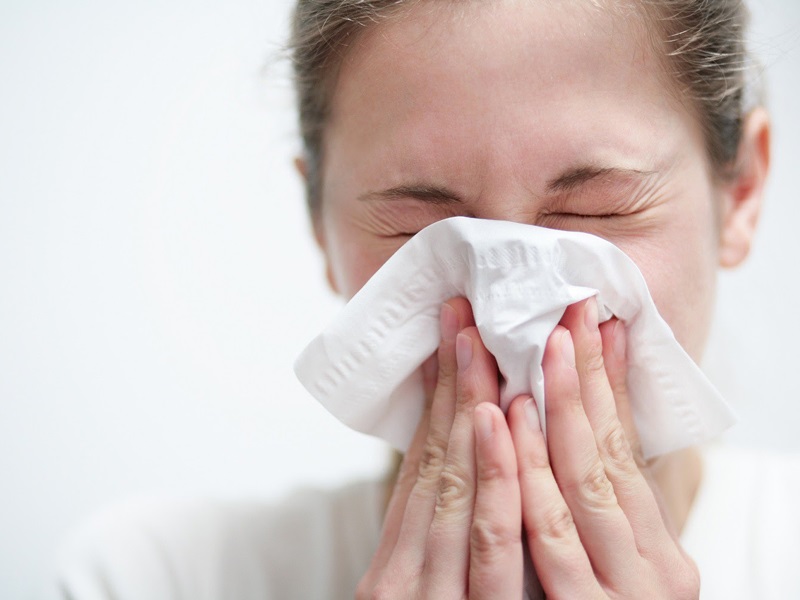
II. Answer: What medicine should I take after Covid?
Some of the drugs prescribed by doctors for F0 patients who have recovered from the disease include:
1. Medicines to help treat chronic cough
Your doctor may prescribe cough medicines such as benzonatate, proair spray, mucinex expectorant, or other medications to open up your airways to improve the condition of a persistent cough, a cough with phlegm after recovering from Covid. In addition, patients are also suggested some breathing exercises to improve lung health.
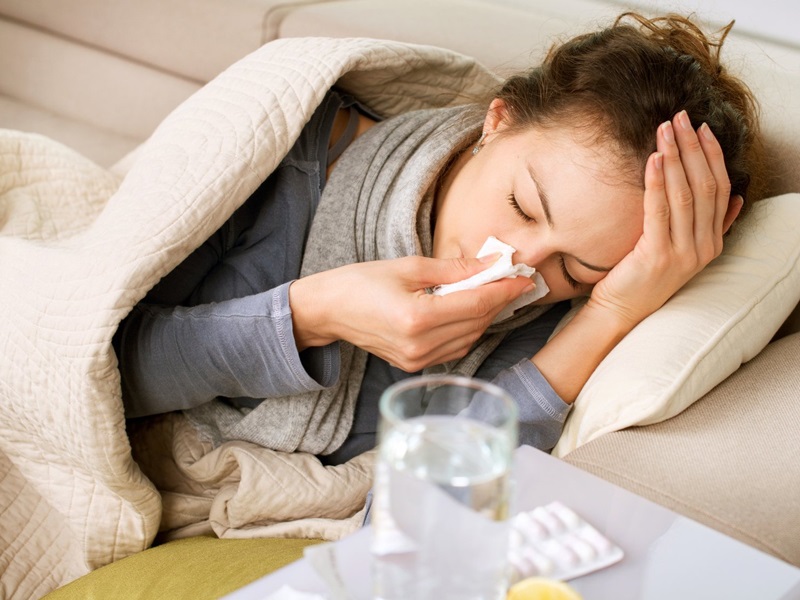
2. For patients with rapid heartbeat - What medicine should be taken after Covid?
Many patients experience rapid heartbeat, arrhythmia, and loss of rhythm after recovering from COVID-19. At this time, a specialist will examine, perform an echocardiogram, and review the electrocardiogram results. Then, they may prescribe medication to reduce heart rate.
3. Treatment of joint pain symptoms
Over-the-counter medications such as ibuprofen (if there is no stomach or kidney disease) or acetaminophen are used to relieve pain and treat joint pain symptoms. In particular, physical therapy exercises are also combined to treat and rehabilitate painful joints.
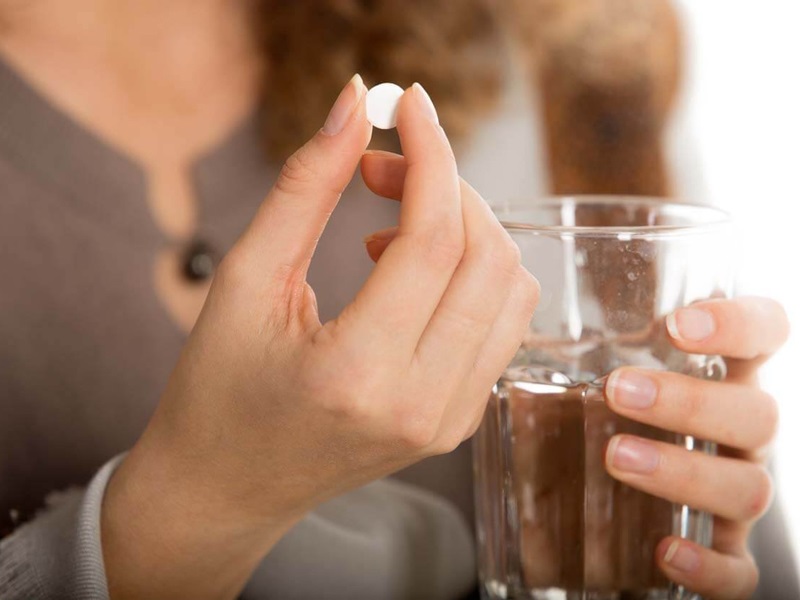
4. What medicine should I take after Covid? - How to treat stress
A significant number of F0 patients, after recovering from the disease, still feel anxious, scared, lonely, and have trouble sleeping. So what medicine should be taken for this condition? Some types of sleeping pills, such as ambien or benzodiazepine, will be prescribed by doctors for patients. In addition, patients are also encouraged to use additional psychological therapies.
In addition to using drugs to treat the after-effects of Covid, experts also encourage patients to use some additional nutrients to restore their health. What are they? Don't forget to read the next part of this article!
III. Some good substances for people recovering from Covid!
1. Vitamin C
Many research results have shown that: Vitamin C can help you fight respiratory viral diseases such as colds, flu, reduce respiratory symptoms, anti-oxidant, anti-inflammatory, lung tonic... Therefore, this is one of the minerals that F0 who have recovered should use.
You can supplement Vitamin C for your body by eating lots of green vegetables, tubers, fruits rich in Vitamin C such as: oranges, guava, kiwi, kale... In addition, you can also choose functional foods containing Vitamin C. Note: The amount of Vitamin C taken into the body should not exceed 2,000mg/day.
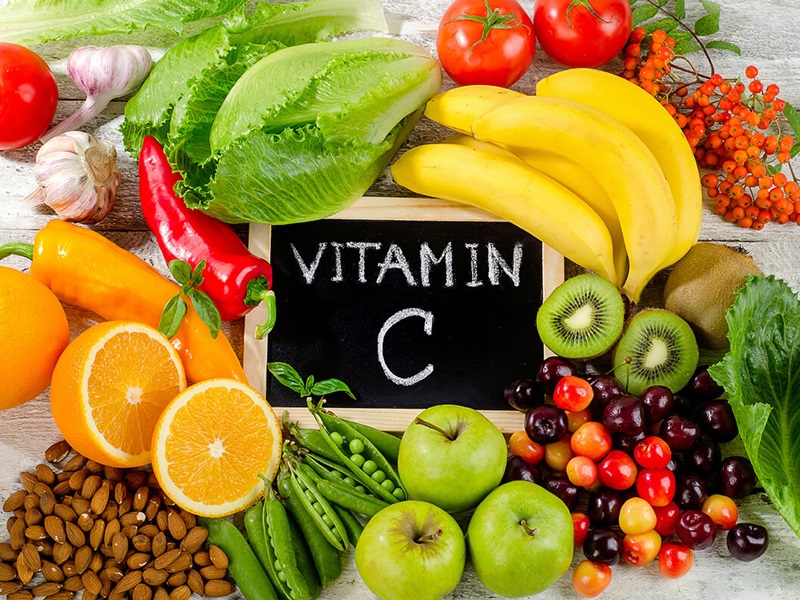
2. Use dietary supplements containing Vitamin D
Based on clinical studies published in the Journal of Pharmacology and Pharmacotherapy, vitamin D supplementation significantly reduces the risk of respiratory infections.
Other research suggests that vitamin D also stimulates the production of cathelicidin, an antimicrobial peptide that helps fight viruses, bacteria, and fungi.
⇒ That is why Vitamin D is recommended to restore and enhance resistance for patients after recovery.

Natural Vitamin D is abundant in egg yolks, cheese, beef, mushrooms, fish oil, fats, and sunlight. If you need to supplement this vitamin for a short time, you should choose multivitamins. Recommended dosage of Vitamin D:
| Children <12 months | : 400IU |
| 1-70 years old | : 600IU |
| >70 years old | : 800IU |
3. Don't forget to supplement zinc for your body!
Zinc is essential for DNA synthesis and cell proliferation. For this reason, highly proliferative cells, such as immune cells, depend on an adequate supply of zinc. Various types of immune cells, such as macrophages, neutrophils, T cells, and B cells, are impaired by zinc deficiency.
Zinc, combined with a nutrient-rich diet, helps slow the aging process and reduces the risk of pneumonia and other life-threatening infections. It also helps shorten the duration of colds caused by respiratory viruses. Zinc also helps speed up the healing of nasal congestion, runny nose, sore throat, and cough.
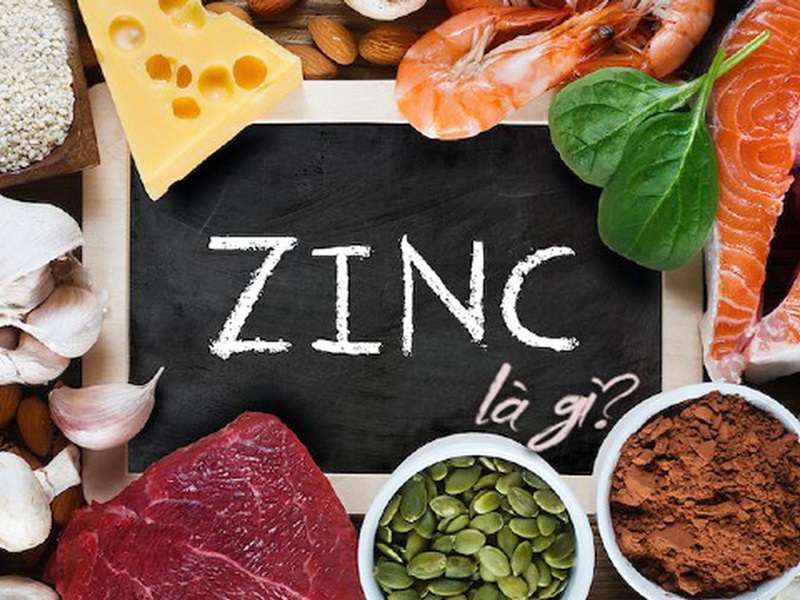
In addition to using zinc supplements, you can use some foods such as oysters, shrimp, fish, pumpkin seeds, beef... For adults, the dose of zinc supplement should not exceed 8mg/day.
What medicine should I take after Covid? Hopefully the information in this article will be useful for those who have recovered from Covid. Don't forget to regularly follow the NanoFrance Website to update more interesting information!
References: suckhoedoisong.vn, moh.gov.vn.

